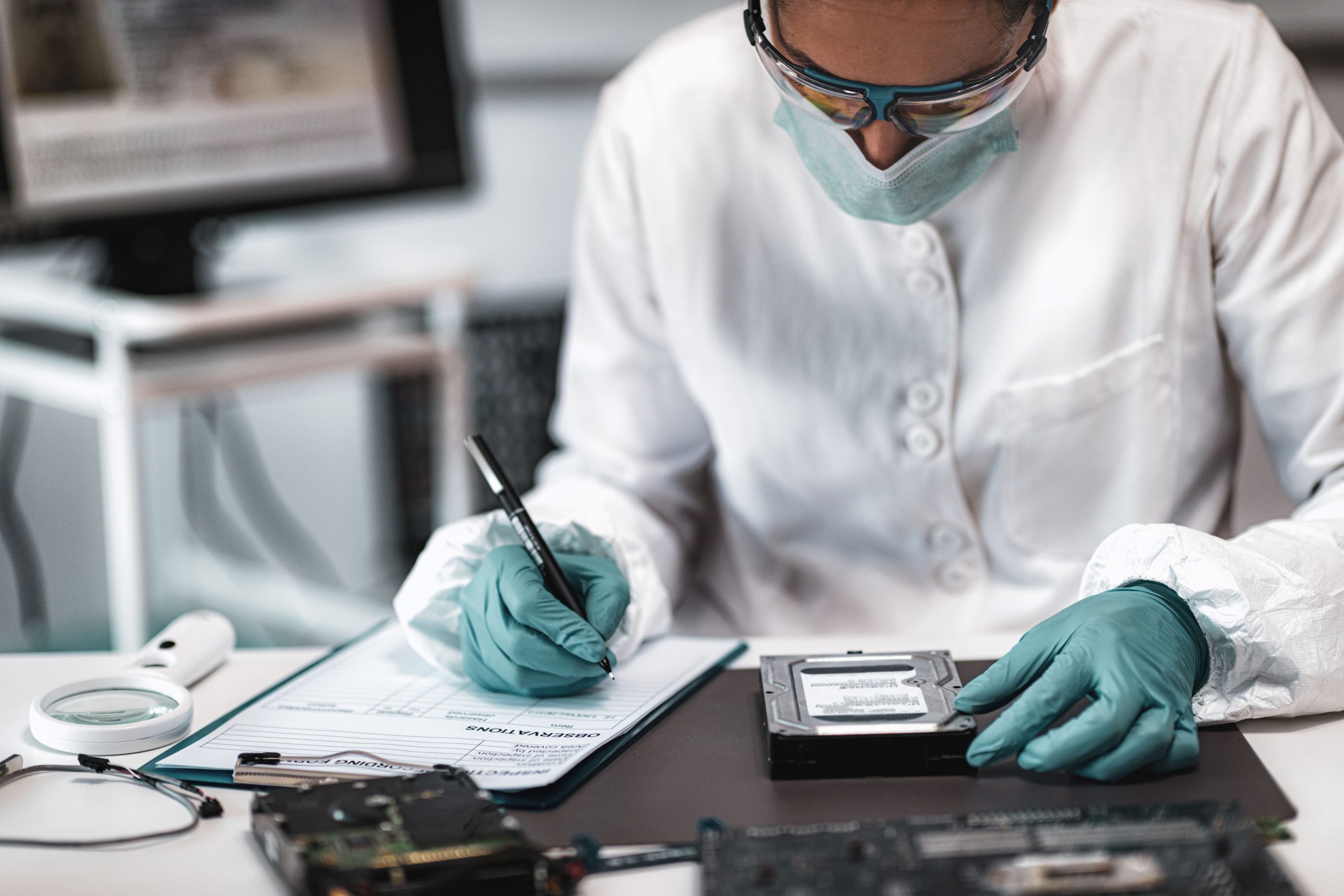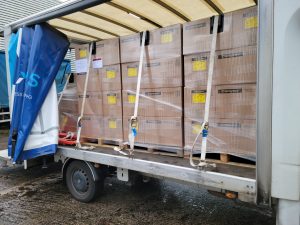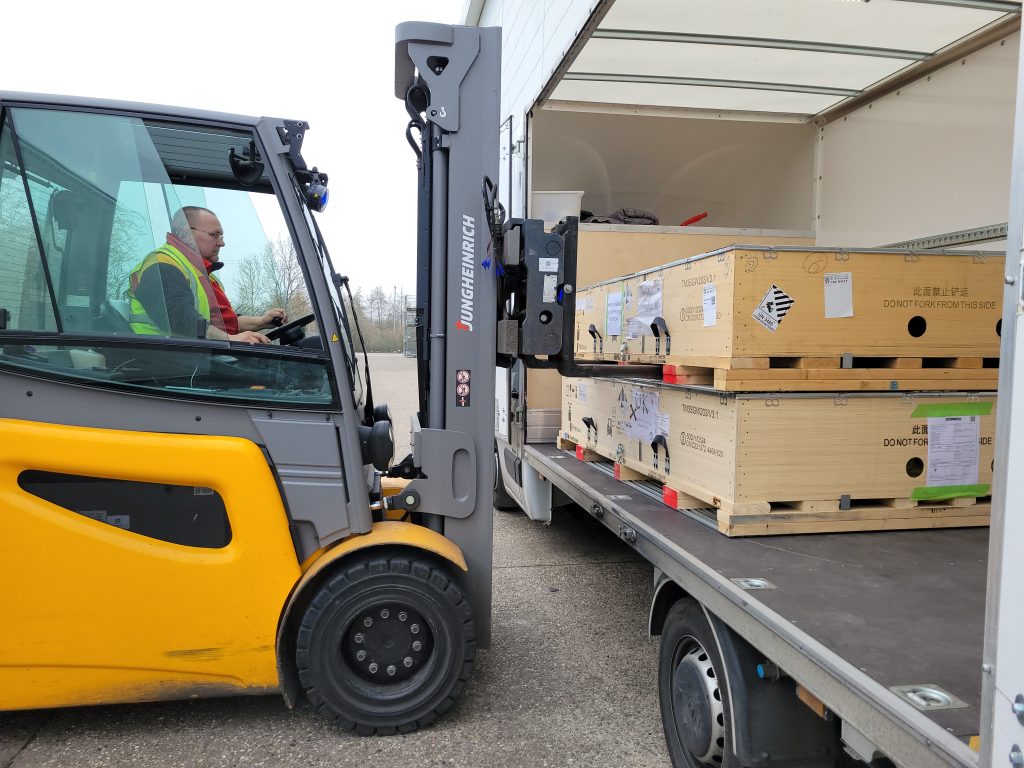The oxford dictionary describes forensics as follows:
“Relating to or dealing with the application of scientific knowledge to legal problems especially in regard to criminal evidence.”
Forensics has been a powerful tool in the fight against crime for decades. From the earliest days of fingerprints to modern DNA sequencing and microscopic analysis. More though modern forensics is shifting from the physical to the digital.
With the rise and increasing risk of cybercrime, the proliferation of CSAM (Child Sexual Abuse Material), digital forensics is now at the forefront of evidence gathering and aiding successful prosecution or proving innocence.
Digital forensics gathering starts with the legal seizure of items containing data. That could be a mobile phone, computer or laptop, memory cards or even entire servers. Even smart watches, TV’s and car infotainment systems can now harbour valuable data.
Once the seized items have been processed as evidence, they are passed onto forensic labs that specialise in data recovery. Sometimes this is done in house. Frequently though when more complex equipment and techniques are required the task is outsourced to a third party.
The issue then becomes how do the police get the evidence to the third party? Given the nature and extreme sensitivity of items plus their importance in possible legal proceedings they can’t rely on just any courier.
That’s where we come in. HSP works closely with police forces across the UK to securely transport forensic evidence to third parties and vice versa. To ensure reliability our own drivers and vehicles will always complete the work. This gives us complete control from point to point plus advanced tracking and vehicle mounted CCTV to ensure the safety of the consignment. It also allows our controllers to keep our clients up to date with any delays or issues and resolve them as quickly as possible.







